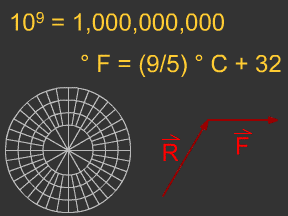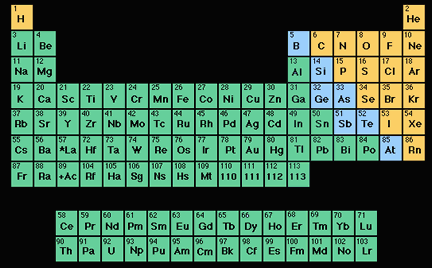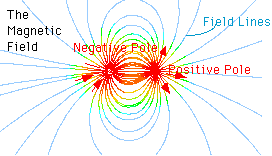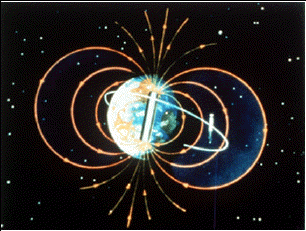Relativity - Simultaneity
This movie explains the concept of "simultaneity", which is part of Einstein's theory of relativity.
Image courtesy of Trent Schindler, National Science Foundation.
|
This movie explains the concept of "simultaneity". Simultaneity is an important part of Albert Einstein's theory of relativity. If two observers are moving very fast relative to each other, they may disagree as to whether two events happen at the same time. According to Einstein, both observers could be right, even though they disagree!
(Note: If you cannot see the movie you may need to download the latest QuickTime player.)
You might also be interested in:

Some concepts are used in many different fields of science and serve as a general purpose "toolbox" that helps us understand and manipulate ideas across disciplines. These "tools for math and science"
...more
Some basic concepts find applications in many, many places throughout science, especially physical science. We have grouped these "starting points for science" into three clusters: space, time, and matter.
...more
Some scientific problems and processes are so complex that you need SUPERCOMPUTING power to tackle them! Just what is a supercomputer? A supercomputer is a computer that is among the largest, fastest or
...more
In the last decades, computers have become a normal part of life. They are used to send e-mail, write a school report or look up recipes. They are used to keep track of the balance in your bank account.
...more
When it is noon where you live, it is midnight on the opposite side of the world. Usually when we think of time, we mean "the time of day where I live". If we say something happened at 9 AM, we mean it
...more
The force of magnetism causes material to point along the direction the magnetic force points. This property implies that the force of magnetism has a direction. As shown in the diagram to the left, the
...more
The Earth is a good example of a planetary dipole, where the lines of force point in a direction out of the South (magnetic) Pole and into the North (magnetic) Pole. Planets can also show evidence of quadrupoles
...more













